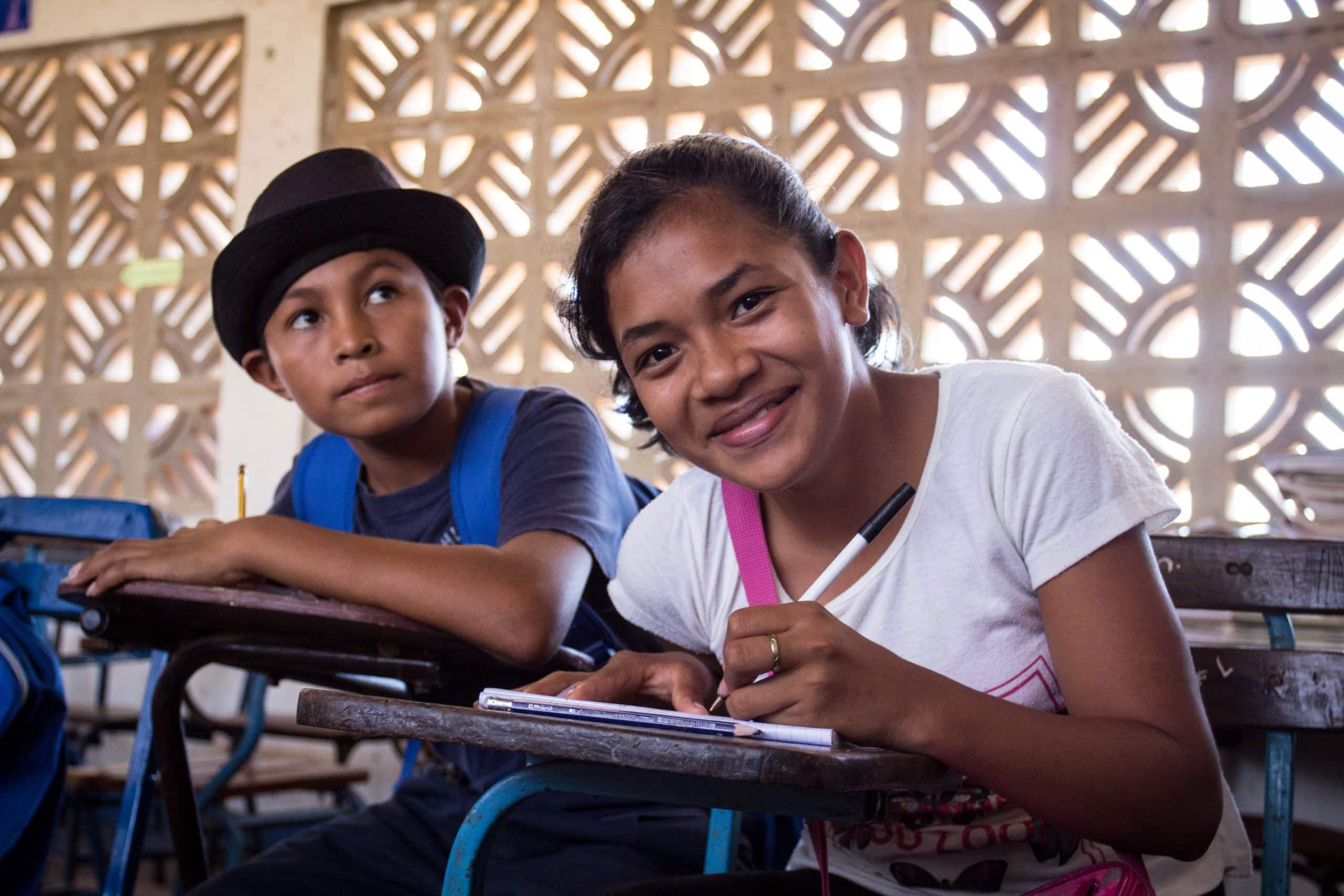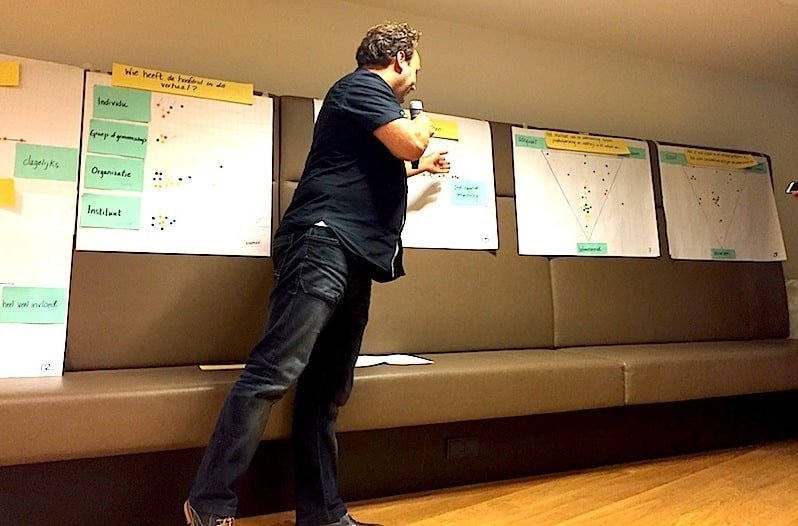TOOLS
SPROCKLERA methodology and tool for story-based research which gives a better understanding of what is happening, changing or emerging in a complex domain.

WHAT?
Methodology and online tool for story-based (narrative) and participatory research.
WHY?
To better understand what is happening, changing or emerging around a complex issue.
HOW?
- Collecting personal stories.
- Visualising patterns in the stories.
- Collectively making sense of the patterns and insights.
RESULTS
Rich overview of experiences, perceptions and needs of people around a complex issue, with starting points for programmes or policies.
PROJECTS
A Sprockler inquiry starts with real-life stories and experiences of different groups of people who have a stake in a complex issue. These people interpret their own stories, using a custom-designed questionnaire. The answers to these questions generate data, which are visualised in dots and graphs using the Sprockler software. This enables us to discern patterns in the stories. In this way, Sprockler combines the best of both worlds: the objectivity and overview of data (the ‘what’), and the nuance, richness and power of stories (the ‘why’).
Purposes
Sprockler is used for various purposes. A Sprockler inquiry provides insight into the needs, perceptions and experiences of large groups of people around a complex issue (e.g. the energy transition or issues of social welfare). This offers starting points for policies, programmes or strategies. A Sprockler inquiry also leads to a better understanding of the impact and effects of programmes and interventions (e.g. for monitoring and evaluation). What has or has not changed, and why?
Process
A Sprockler process consists of five steps:
- Determining what you want to research.
- Designing a questionnaire.
- Collecting stories and data.
- Visualising the stories and data in an interactive report.
- Collectively interpreting the patterns and sharing the results with all parties involved.
Results
By using Sprockler, it is possible to have large numbers of respondents share their experiences with relatively limited effort. The combination of data and stories creates a rich picture of what is going on in a domain (including unexpected and unintended developments) and where the starting points are for (follow-up) programmes or policy.
“Stories are data with a soul” (Brené Brown)
Added value
Sprockler’s strength is in the combination of quantitative patterns in qualitative data (stories). In addition, it is a participatory working method: people not only share their experiences, but also give meaning to their own stories and participate in the collective interpretation of the collected stories and data. This makes Sprockler less suitable for studies that are primarily aimed at just collecting data and converting them into figures.
Attributions
Sprockler builds on the methods and work of many others, such as Participatory Narrative Inquiry (Cynthia Kurtz), Appreciative Inquiry (David Cooperrider) and Sensemaking (Brenda Dervin and Karl Weick).
More information?
- Visit the Sprockler website.
- Contact us to discuss opportunities for working with Sprockler in your context.
Can I hear you? Activism for Peace and Security in Libya
Imagine you are an activist and want to contribute to peace in your country Libya: what do you do when you sit in a room full of people who want to achieve the same but have different opinions about how to get there? Perspectivity was requested to facilitate a...
Sprockler stories show positive impact of Hotel con Corazon’s education programmes in Nicaragua
Foundation Hotel con Corazón is a social enterprise in Granada in Nicaragua. It invests 100% of its profits in local education. After eight years of working in the community, the foundation wanted to take a closer look at the impact of their educational activities....
Tackling loneliness in Amsterdam together
In 2016 the municipality of Amsterdam started a city-wide approach to tackle loneliness. More than 11% of the population of Amsterdam is lonely and that percentage has to go down. The Loneliness Approach implies, amongst other things, the cooperation between the...
How is it going with youth services in Maastricht?
How is it going with child social services since the decentralisations in the social domain and the introduction of the Tailored Education Act (Wet Passend Onderwijs)? The municipal council of Maastricht wants get a better grip on the effects these...
Participation Works Lab in Amsterdam
"How can we make it possible that more Amsterdammers participate sustainably?" This is one of the top priorities of the Amsterdam municipality, since the Participation Act and the new Social Support Act came into force on January 1st, 2015. A complex issue that...
Our toolbox
In our work, we use a broad range of methodologies and approaches that lean on decades of experimental research. We gratefully build on the theories and concepts developed by our teachers and colleagues. To achieve sustainable results, we determine which method fits every project best.
Methods we frequently use:






